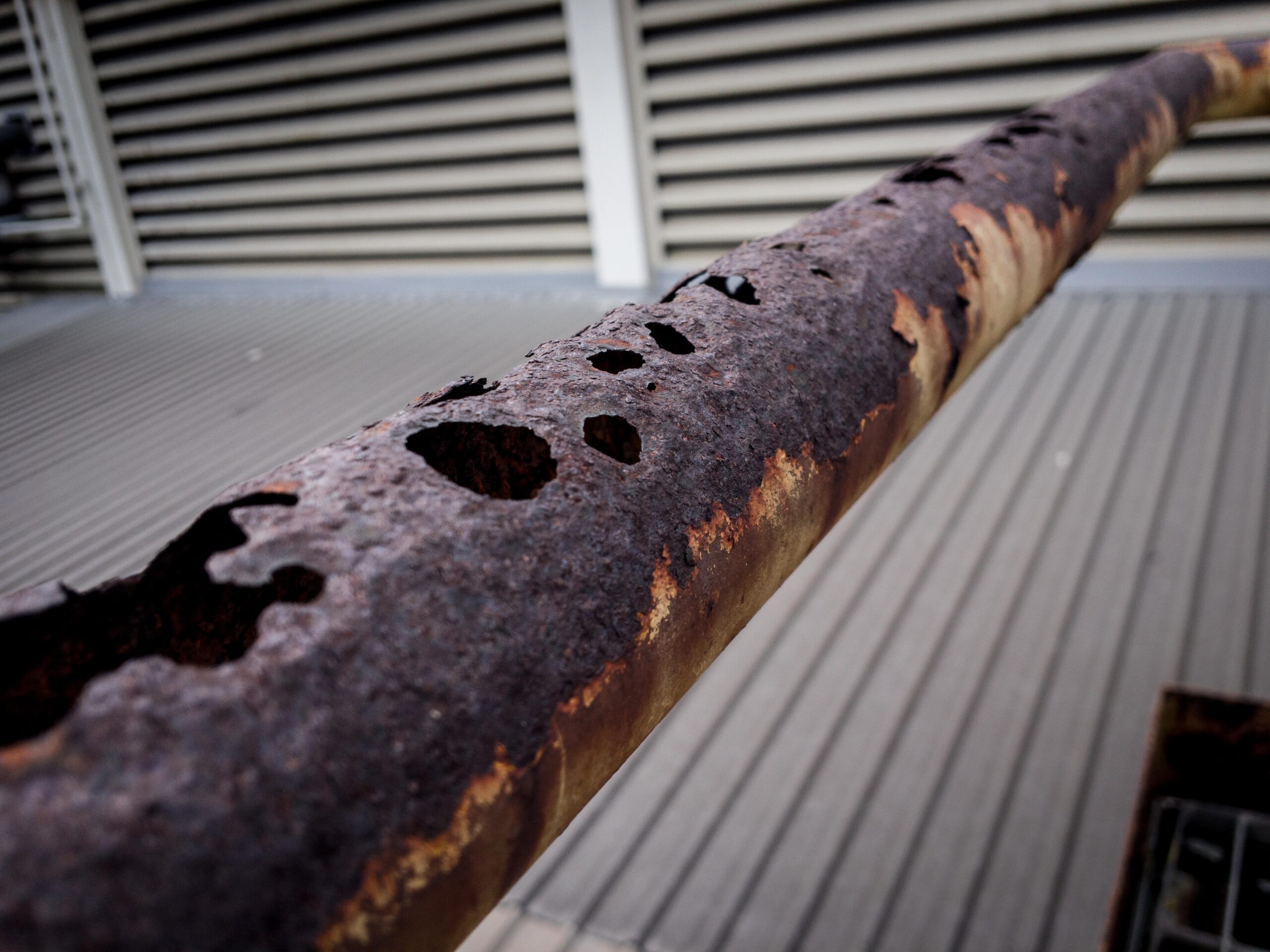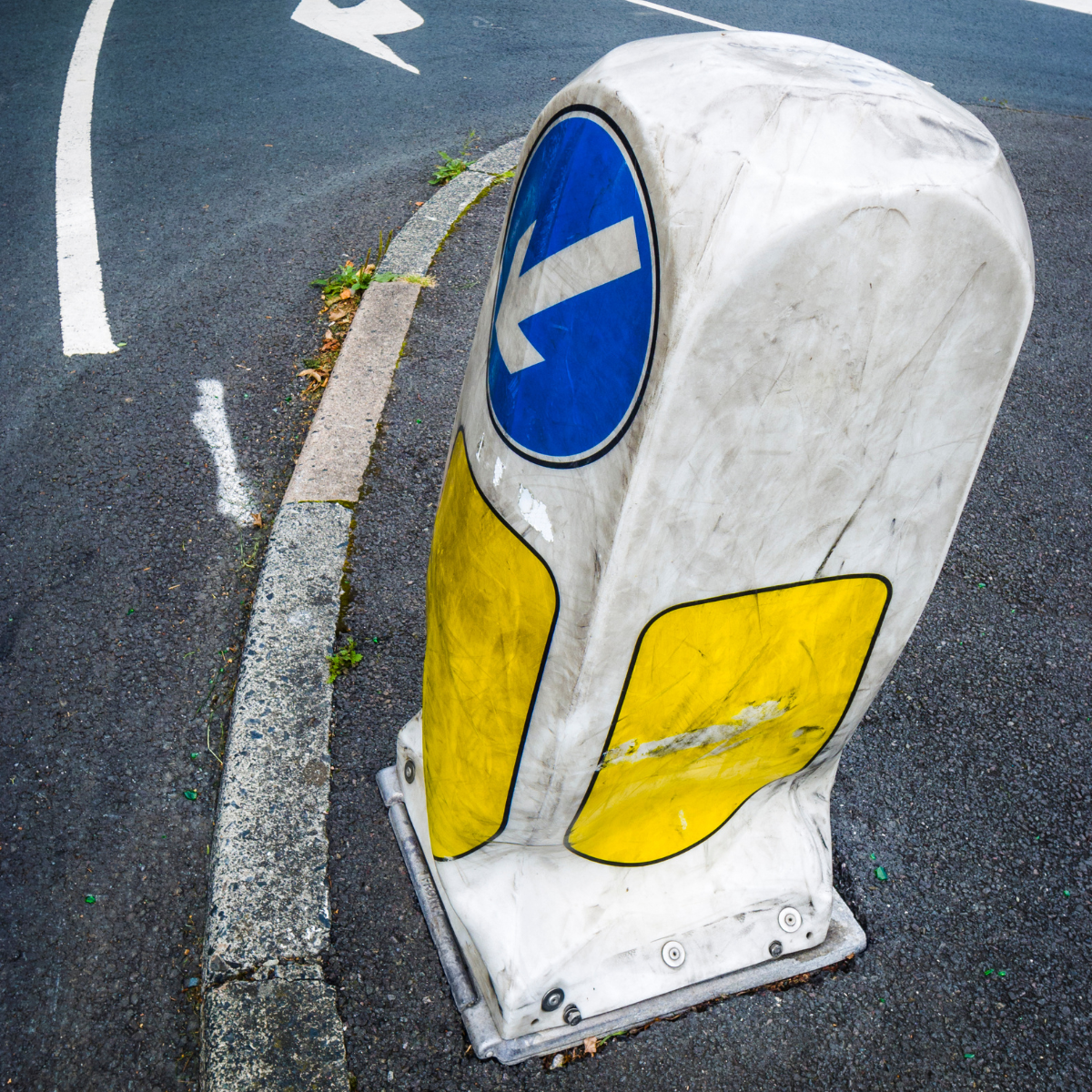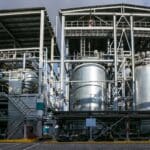
Reduce risk and maintain compliance with our specialist risk management services.
We’re proud to be a leading provider of complete life cycle risk management solutions. From ensuring asset safety and legal compliance with our thorough engineering inspections to driving operational efficiency with our specialist non-destructive testing services, (and much more in between), we’re proud of the long-lasting partnerships we have formed with our customers over the last 160 years, based on the value of our solutions.

Failure Investigations
Failure investigations play a crucial role in metallurgy, offering valuable insights into the behaviour of materials under various conditions and aiding in the improvement of manufacturing processes, product quality, and safety standards.
At BES Group, we specialise in conducting thorough failure investigations to uncover the root cause and nature of material, component and structural failures.
With our expertise in metallurgical testing and materials science, we offer detailed analysis to help you understand what caused your product or material to fail, and how this information can prevent future incidents and enhance the reliability and performance of metallurgical components and structures.
Whether you’re facing a production setback, quality issue, or safety concern, we’re here to assist you in identifying the underlying factors contributing to the failure and we will help you to implement effective solutions.
Causes of failure can include:
- Product design flaws or processing errors
- Raw material issues or material selection
- Operational stresses
- Misuse of the product or component
Have you experienced a product or component failure?
Get in touch today! Get in touch today! Get in touch today!Our Process
The main purpose of conducting failure investigations in metallurgy is to pinpoint the exact factors and circumstances that led to the failure of a component or material. By thoroughly examining the microstructure, surface characteristics, and elemental composition, we can gather and evaluate the crucial information that played a role in the failure.
Fact Finding
To begin a failure investigation, we gather as much information as possible about the part’s history, including:
- Material type and specification (if known)
- Processing technique
- Events leading up to the failure
Our failure investigations require a complete understanding of the operational and environmental factors that the material was subjected to. We may ask for information regarding:
- Temperature, pressure and humidity of the service environment
- Any exposure to chemicals or corrosion
- Mechanical loading and cyclic stress the part may have experiences
Testing
Once we have gathered as much information about the part’s history, we can then begin our investigations. We conduct a comprehensive analysis, including mechanical, metallurgical and chemical analysis testing.
- Preliminary visual examination to reveal any defects, fractures or corrosion
- EDX microanalysis, performed using a facility on our Scanning Electron Microscope (SEM)
- Scanning electron microscope examination to establish fracture mechanisms
- Metallographic examination to determine microstructural features, such as phases present, heat treatment condition and internal material flaws
- Hardness testing
- Tensile testing
- Chemical analysis to check the sample meets compositional requirements
Findings and Reporting
Once our tests are finished, we’ll gather all the test results and findings into a single comprehensive report. This report will include photos and images of our analysis.
We can assist you in understanding the results of your test report and explain why your sample has failed. We’ll provide a detailed explanation of the examination and investigative findings to help you make informed decisions for your production and quality processes. Additionally, we’ll simplify any technical jargon so that you fully comprehend the results.
Failure investigations are more than just pointing fingers or placing blame. They are opportunities to learn from mistakes and make constant improvements to the quality and performance of materials and structures. By fostering open communication and collaboration, we can assist you in enhancing production processes, fostering innovation in product development, and ultimately achieving superior results for both you and your customers.
Related Services
SEM & EDX Analysis
Fracture Analysis
Metallography
Corrosion Testing
FAQs
What are the common causes of failures?
+
Failures can result from various factors, including material defects, design flaws, processing errors, environmental conditions, and operational stresses.
Common failure modes include fatigue, corrosion, brittle fracture, and material degradation.
How long does a failure investigation take?
+
The duration of a failure investigation can vary depending on the complexity of the case, the availability of resources, and the extent of analysis required.
Not all investigations require our full testing processes, so some investigations may be completed within a few days, while others that need more thorough investigations may take several weeks or months.
Once we have gathered the history of the part, our metallurgists will be able to provide guidance on how long the investigation is likely to take, giving you a clearer idea of our testing timeline.
What are the benefits of conducting a failure investigation?
+
The benefits of conducting a failure investigation include identifying the root causes of failures, improving product quality and reliability, preventing future incidents, enhancing safety standards, and advancing scientific knowledge in the field of materials science and engineering.
How can I request a failure investigation?
+
If you need to request a failure investigation for your material, part or component, you can contact our metallurgical team on the enquiry form below. Please provide us with details about the failure, including the circumstances, material specifications, and any relevant information and photos about the incident.
Can failure investigations be used for legal or insurance purposes?
+
Yes, failure investigations can be used for legal or insurance purposes, especially in cases involving product liability, property damage, or personal injury claims. In some cases, our metallurgists may provide expert testimony and evidence in legal proceedings to support claims or litigation related to material failures.





















